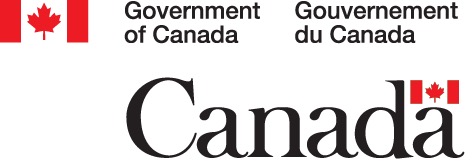
Canada Must Face ‘Consequences’ for Digital Services Tax: U.S. Senators
In a letter dated October 10, 2023, U.S. Senators Ron Wyden and Michael D. Crapo expressed strong concerns over Canada’s proposed Digital Services Tax (DST), calling it discriminatory against American businesses.
The Senators, who are the Chairman and Ranking Member of the United States Senate Committee on Finance, respectively, urged United States Trade Representative Katherine Tai to take immediate action if Canada enacts the tax.
Despite the United States’ strong economic partnership with Canada, facilitated by the United States–Mexico–Canada Agreement (USMCA), the Senators pointed out that Canada’s DST specifically targets American digital companies (via @mgeist).
According to the Bureau of Economic Analysis, nearly 8 million Americans are employed in the digital economy. The Senators emphasized that foreign governments should not target U.S. companies and their employees simply because of their global leadership in the digital sector.
The letter also noted that the United States Trade Representative (USTR) has previously examined similar DST measures and found them to be discriminatory against the United States. Canada’s DST uses specific criteria, including global revenue thresholds, to target U.S. companies in sectors where they are leaders. The tax is also retroactive to 2022, which the Senators argue is “unusual and inconsistent with prevailing tax principles.”
The Senators warned that the DST would not only affect large corporations but also have broader implications for the U.S. technology ecosystem, including small businesses and consumers. They urged the USTR to use all available trade tools to respond to Canada’s enactment of the DST, stating that such arbitrary discrimination would make it immensely challenging for the economic relationship between the United States and Canada to continue growing without facing any consequences.
The Senators concluded by offering their full support and assistance to ensure immediate action against Canada’s proposed DST.
The Digital Services Tax (DST), expected to yield $3.4 billion within a five-year span, aims to focus on major corporations that run online marketplaces, social media networks, and profit from digital advertising, including companies like Amazon, Google, Facebook, Uber, and Airbnb.
Originally outlined in the 2021 budget, the tax would be applied retroactively to the year 2022, thereby making these corporations responsible for payments exceeding $1 billion upon its enactment.
The implementation of Canada’s DST is dependent on the ratification of a universal tax framework by OECD nations by the year 2024, which would establish a global minimum corporate tax rate of 15%.
The accord set forth by the OECD seeks to mitigate tax evasion tactics used by global corporations. Methods such as the ‘double Irish with a Dutch sandwich,’ which enable the transfer of profits to low or zero-tax jurisdictions, have been employed by companies like Apple. The objective of this agreement is to terminate such maneuvers.
Back in July, U.S. ambassador to Canada, David Cohen, already said the nation could retaliate if the federal government moves ahead with its proposed digital services tax. Canada’s Liberal government (along with Belarus, Pakistan, Russia, and Sri Lanka) plans to forge ahead with the tax, despite 138 countries deciding to delay similar tax measures.


